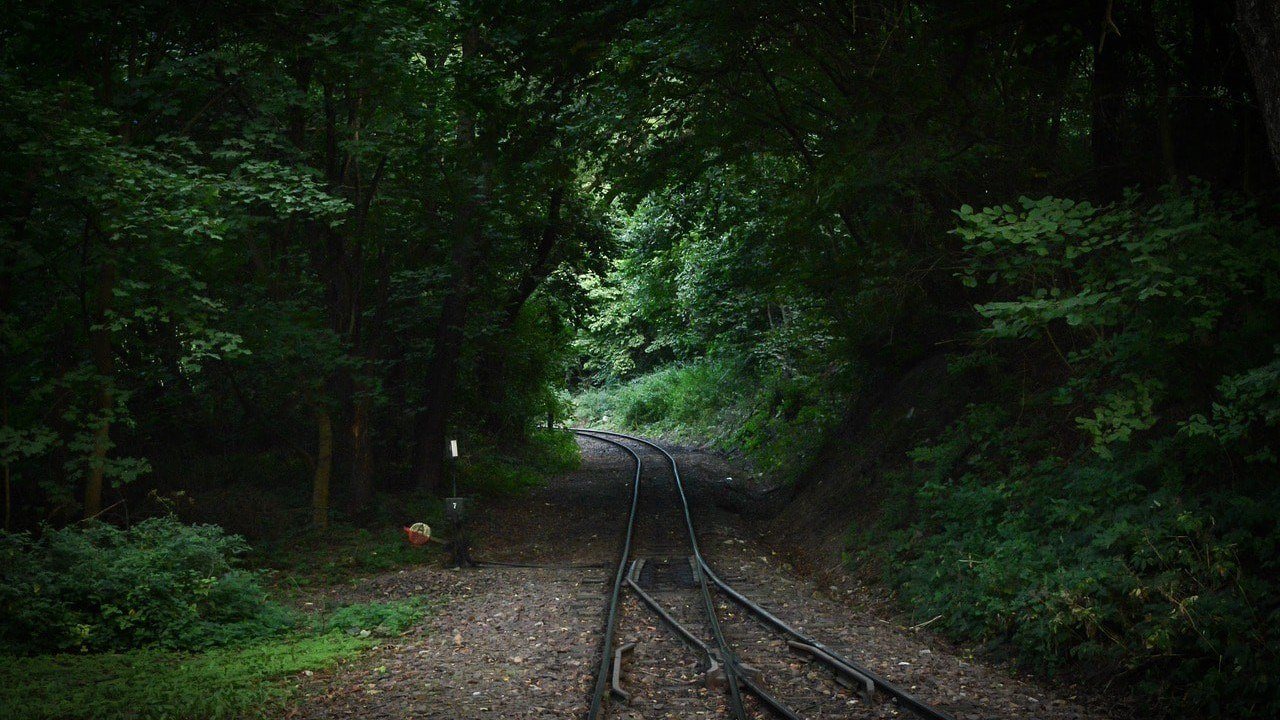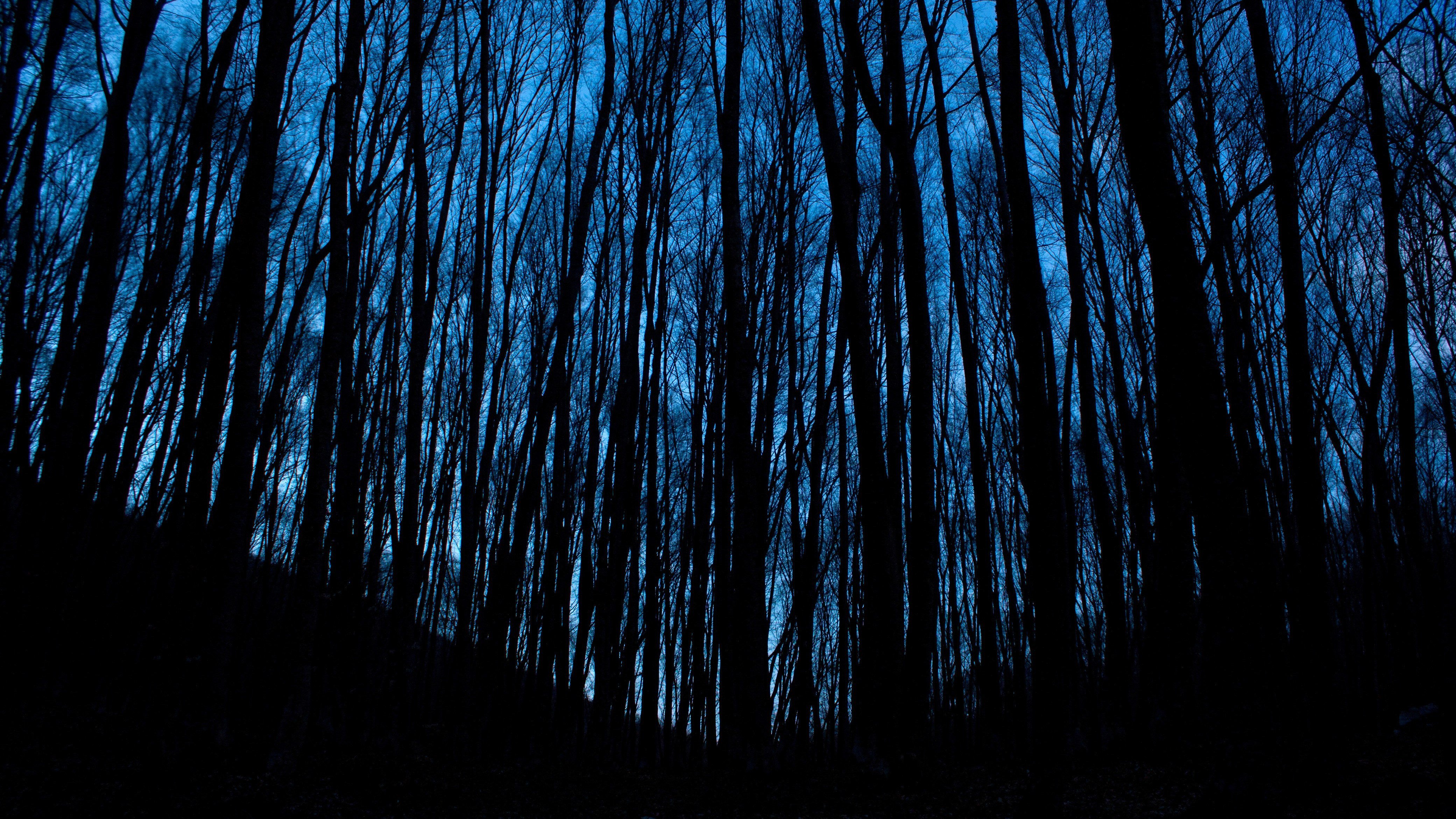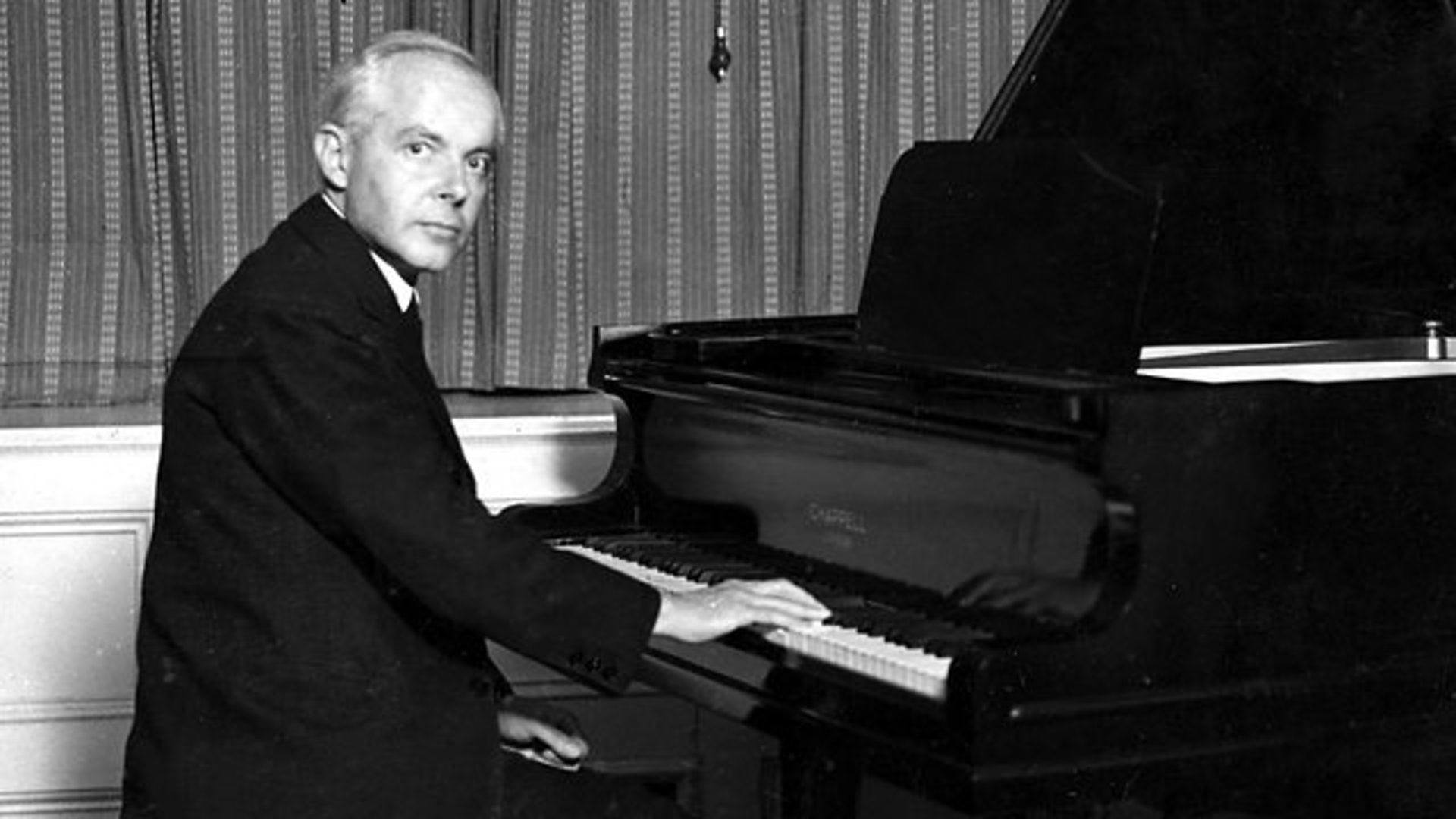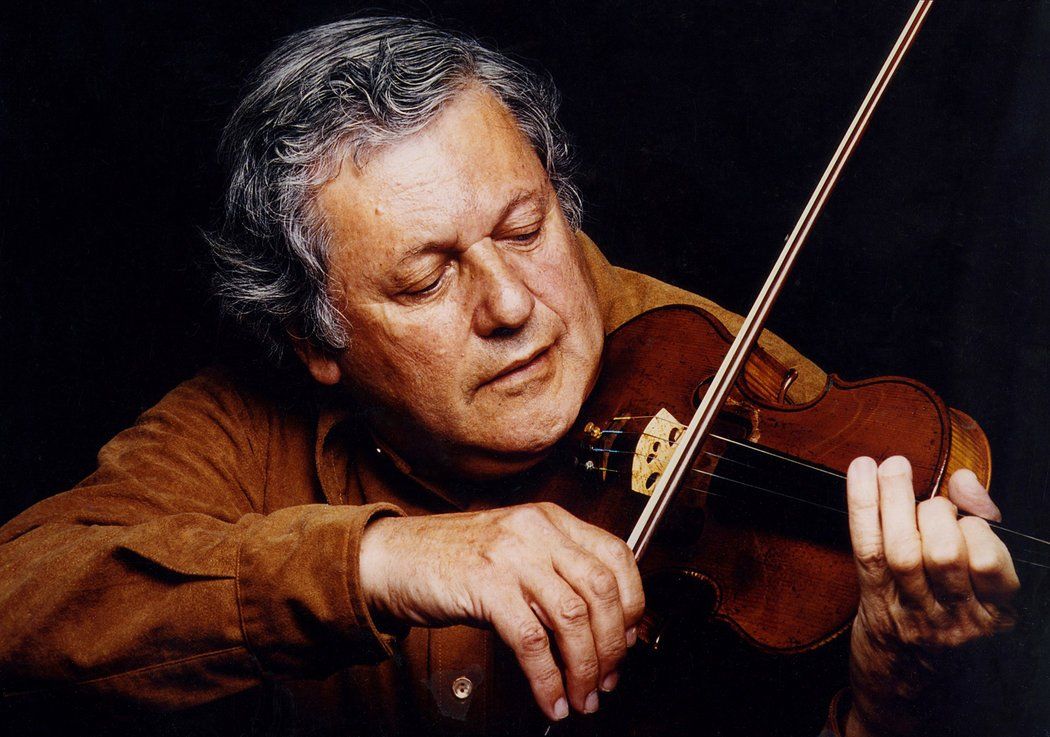Bartók’s “Out of Doors”: Ancient Rustic Sounds
The vibrant hum of nature blends with distant, ghostly echoes from ancient Hungarian villages in Béla Bartók’s Out of Doors (Szabadban). Written in 1926, the work is a collection of five brief and atmospheric pieces for solo piano. Taken together, the movements unfold in a symmetrical arch form, a structure Bartók used in multiple pieces, including the Fourth and Fifth String Quartets, Concerto for Orchestra, Music for Strings, Percussion and Celesta, and the Second Piano Concerto. Bartók …







